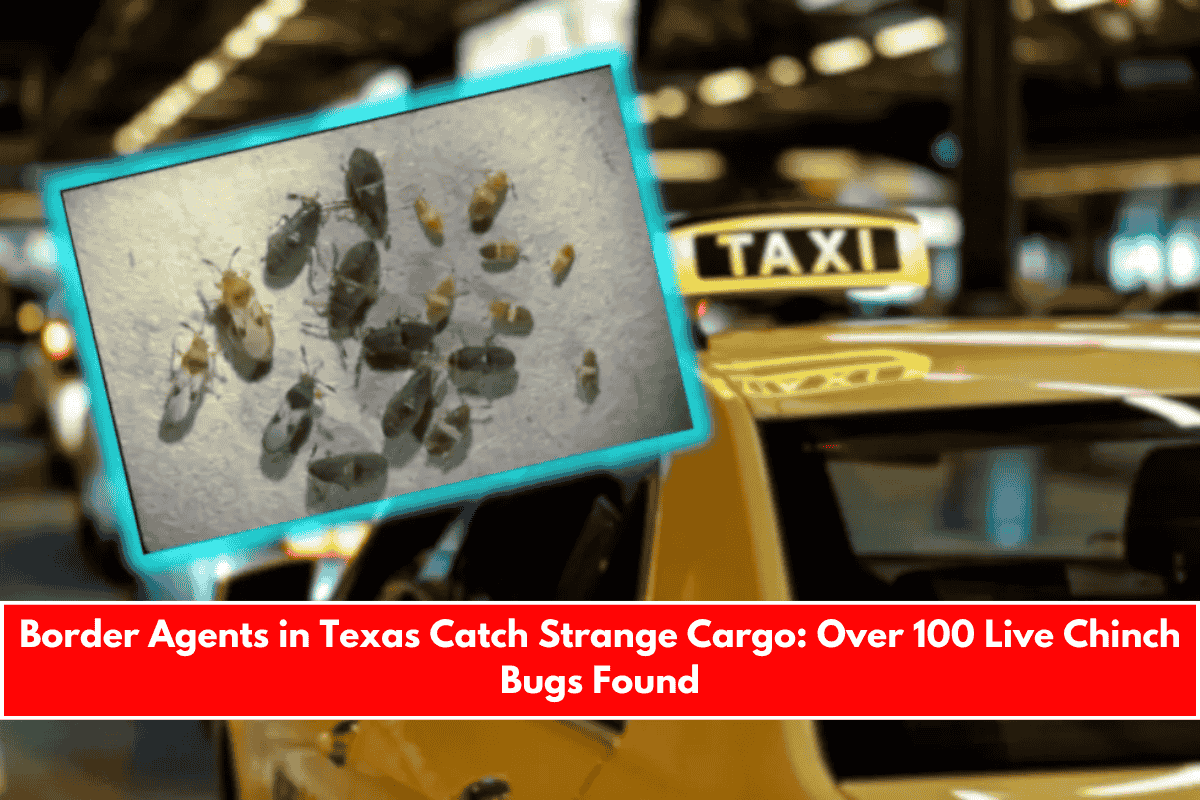Something very unusual was recently caught by border agents in Texas. It wasn’t drugs, weapons, or anything dangerous in the usual way. Instead, it was a bag full of bugs — yes, real live bugs!
This strange catch happened at the Laredo Port of Entry on May 6. A taxi trying to enter the U.S. was stopped for a second check. During inspection, a specially trained dog sniffed out something unusual in the driver’s luggage.
Luggage Full of Bugs in South Texas
When border officers opened the driver’s bags, they were shocked to find more than 100 live chinch bugs wriggling inside. Along with the bugs, the man also had fruits like mangos, plums, and a fruit called mamey, which tastes like a mix of sweet potato and pumpkin.
Even though this might sound harmless, it’s actually a serious issue. Carrying agricultural items like fruits and live insects across borders is illegal. These things can bring harmful pests and diseases into the country, damaging crops and the environment.
What Happened to the Driver?
The driver didn’t tell border agents that he had these items, which is required by law. Because of this, he got a $300 fine — a light punishment, but it shows that even small items can cause big problems when it comes to agriculture and biosecurity.
What Are Chinch Bugs?
Chinch bugs might have a funny name, but they’re not so funny for farmers. These small insects are often found in Texas and usually live on plants like corn, rice, sorghum, and different types of grass.
These bugs can cause serious damage to crops, especially during the spring season in March, when the young chinch bugs (called nymphs) are actively feeding. They suck the juices out of plants, leaving them dry and brown.
A baby chinch bug lives for about six weeks after hatching, and during that short life, it can do a lot of damage if not controlled.
Why Is This a Big Deal?
Bringing live bugs and fruits from another country into the U.S. might not seem dangerous, but it is. Even a few insects can spread diseases or multiply quickly, putting farms, plants, and even the economy at risk.
That’s why U.S. border rules are strict when it comes to agricultural goods. They help protect local crops, farmers, and the environment from harmful foreign pests.











Leave a Reply